We would love to believe that everyone came to PDHCA in Phoenix to learn about the great Non-Medical Home Care Software Solution that Ankota provides, but of course they came (and so did we) to learn so much more. This post offers a few takeaways from an awesome keynote address by Dr. Verna Carson Benner from her training on "Becoming an Alzheimer's Whisperer."
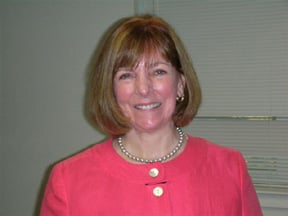 In her training, Dr. Carson Benner describes a concept that they call the "Theory of Retrogenesis" which draws parallels between the way a child develops function and the way an Alzheimer's patient loses function. This concept, depicted in the slide below (slide courtesy of C&V Senior Care Specialists who reserve all rights), helps you to draw parallels between the first stage of Alzheimers and the behavior of a 5 year old child, then between phase-2 and a toddler, and between phase-3 and an infant.
In her training, Dr. Carson Benner describes a concept that they call the "Theory of Retrogenesis" which draws parallels between the way a child develops function and the way an Alzheimer's patient loses function. This concept, depicted in the slide below (slide courtesy of C&V Senior Care Specialists who reserve all rights), helps you to draw parallels between the first stage of Alzheimers and the behavior of a 5 year old child, then between phase-2 and a toddler, and between phase-3 and an infant.
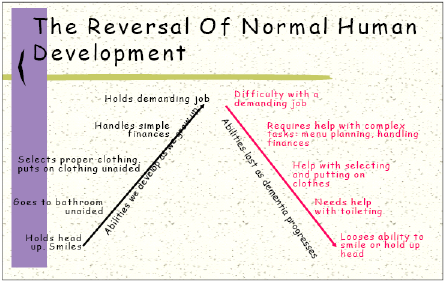
Five Tricks for Providing Better Alzheimer's Care
- Don't Quiz, Argue or Reason
- If at first you don't succeed, wait five minutes*
- To combat repetition, find a "job" for the person you're caring for (such as folding towels or building with Legos(r))
- If a loved one complains "My mom didn't have breakfast", or "Nobody has been in to see my dad today", calmly explain that that "Your mom/dad can't remember, and fill them in"*
- Old photo albums and songs from the past are likely to connect with the patient because long-term memory lasts the longest.
*Note: Alzheimer's patients generally have less than 5 minutes of short-term memory, so if for example you propose a shower and get a negative response, rather than forcing the issue, you might instead wait 5 minutes and try an approach like "let's go for a nice walk but get cleaned up first"
This post merely scratches the surface of what you can learn from Verna and her team. For more information, click on the banner below.


.png)
.png)
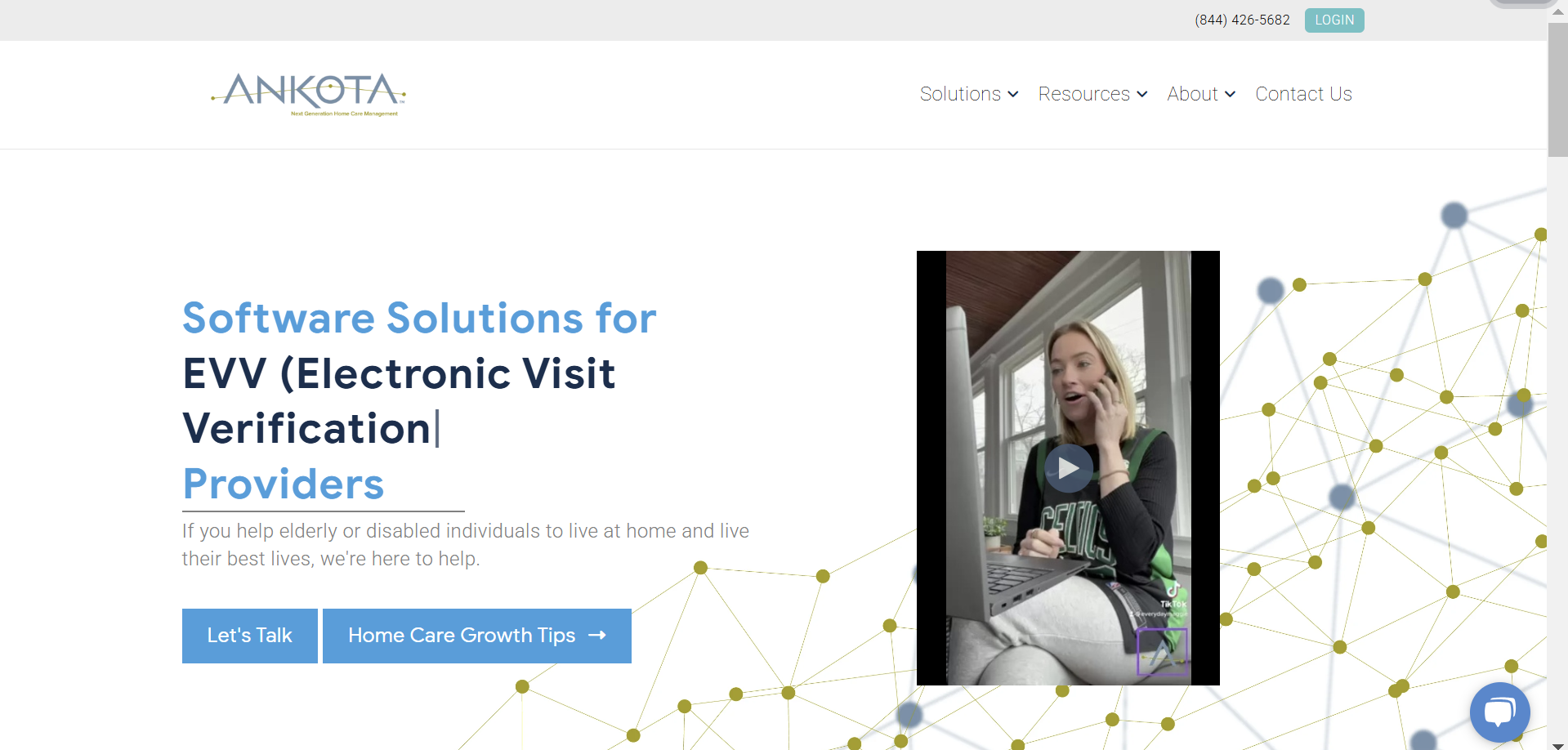
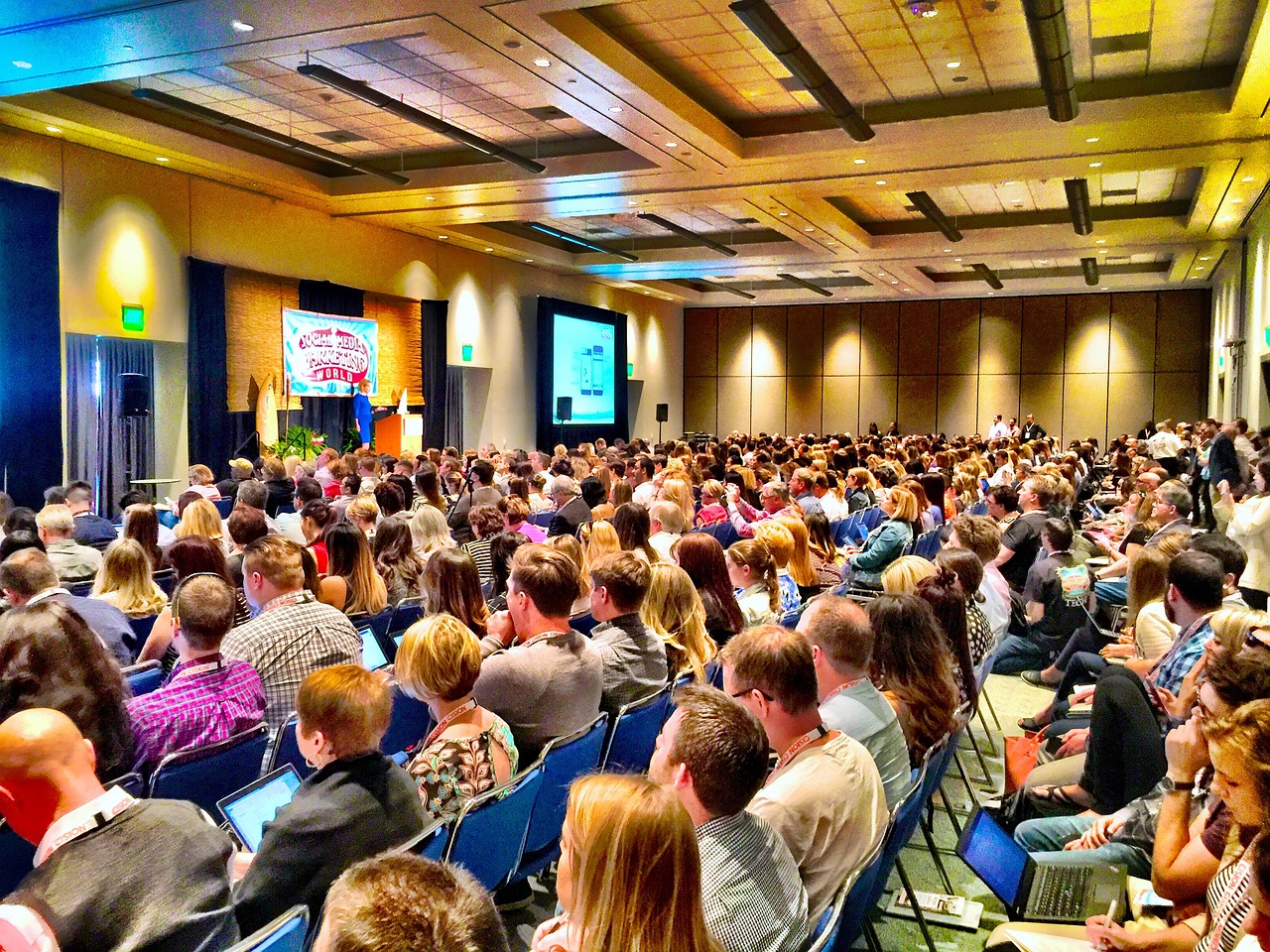
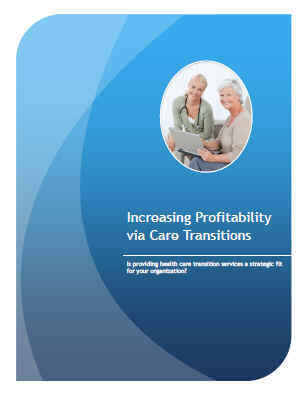

.png)
.png)


